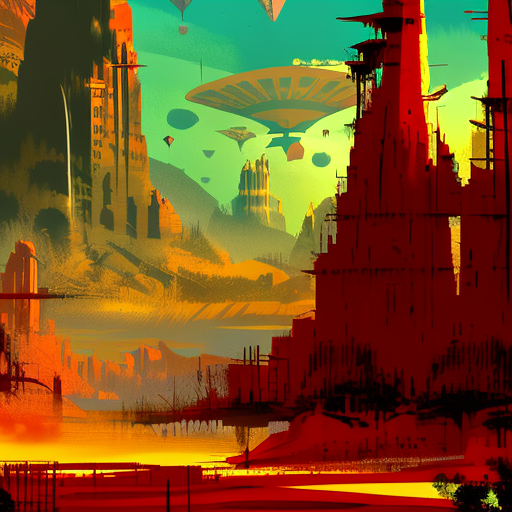The Lost Continent: Travels in Small-Town America – A Hilarious Journey through Forgotten America
Bill Bryson’s “The Lost Continent: Travels in Small-Town America” takes readers on a witty and insightful journey through the forgotten corners of the United States. With his signature humor and keen observations, Bryson explores the quirks, idiosyncrasies, and fading charm of small-town America, offering a thought-provoking reflection on the changing face of the nation.
Rediscovering America’s Forgotten Towns
In “The Lost Continent,” Bryson embarks on a road trip across America, seeking to reconnect with the country of his youth. Starting in his hometown of Des Moines, Iowa, he sets out to explore the small towns and backroads that have been left behind by progress and modernization. Along the way, he encounters a colorful cast of characters, from eccentric locals to fellow travelers, each with their own unique stories and perspectives.
Bryson’s journey takes him through a patchwork of forgotten towns, where he explores dilapidated Main Streets, crumbling motels, and kitschy tourist attractions. He reflects on the decline of these once-thriving communities, highlighting the impact of economic changes, suburbanization, and the rise of big-box stores. Through his witty observations, Bryson captures the nostalgia and melancholy of a bygone era, while also shedding light on the challenges faced by small-town America.
Exploring the Quirks and Oddities of American Culture
As Bryson travels from state to state, he encounters a myriad of peculiarities that define American culture. From the obsession with fast food and oversized portions to the prevalence of roadside attractions and the peculiarities of local customs, Bryson delves into the idiosyncrasies that make America both fascinating and perplexing.
With his sharp wit and keen eye for detail, Bryson uncovers the absurdities and contradictions that lie beneath the surface of everyday life. He pokes fun at the excessive patriotism and commercialization of historical landmarks, questions the authenticity of tourist traps, and marvels at the sheer diversity of American landscapes. Through his humorous anecdotes and insightful observations, Bryson invites readers to see their own country through fresh eyes.
A Reflection on the Changing Face of America
“The Lost Continent” is not just a travelogue but also a poignant reflection on the changing face of America. Bryson laments the loss of small-town charm and the homogenization of American culture, as he witnesses the encroachment of strip malls, fast-food chains, and generic suburban developments. He mourns the disappearance of local businesses and the erosion of community spirit, painting a vivid picture of a nation in transition.
However, amidst the nostalgia and critique, Bryson also finds moments of beauty and hope. He encounters genuine kindness and hospitality from strangers, discovers hidden gems in unexpected places, and celebrates the resilience of small-town communities. Through his journey, Bryson reminds us of the importance of preserving local traditions, supporting small businesses, and cherishing the unique character of each town.
Key Takeaways:
- A humorous and insightful exploration of small-town America
- A reflection on the challenges faced by forgotten communities
- An examination of the quirks and oddities of American culture
- A call to preserve local traditions and support small businesses
“I come from Des Moines. Somebody had to.” – Bill Bryson
In “The Lost Continent: Travels in Small-Town America,” Bill Bryson takes readers on a hilarious and thought-provoking journey through the forgotten corners of the United States. Through his witty observations and keen insights, Bryson captures the essence of small-town America while reflecting on the changing face of the nation. This book serves as a reminder to appreciate the unique charm of local communities and to preserve the traditions that make America truly diverse and fascinating.












